Speakers
BIO OF WORKSHOP SPEAKERS
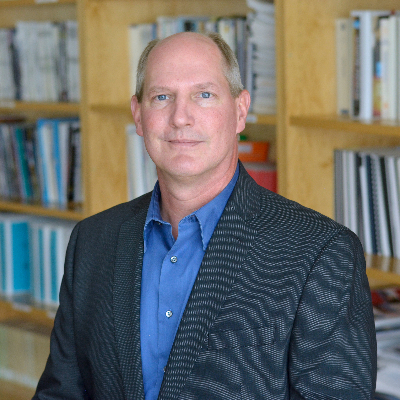
Prof. Dr.
Matthew Barth
Full Professor
University of California, Riverside
Prof. Dr. Matthew Barth is a Professor and Associate Dean of Research and Graduate Education at the University of California Riverside and holds a B.S. from the University of Colorado and M.S. and Ph.D. degrees from UC Santa Barbara. He conducts research at CE-CERT, focusing on Intelligent Transportation Systems to improve environmental sustainability, with interests in connected and automated vehicles, cooperative perception, and vehicle electrification. He is an IEEE Fellow and former President of the IEEE Intelligent Transportation System Society and has received prestigious awards such as the IEEE ITSS Outstanding Research Award in 2017 and the ITS Institution Lead Award in 2020.

Prof. Dr.
Abhinav Valada
Full Professor
University of Freiburg, Germany
Prof. Dr. Abhinav Valada Abhinav Valada is a Full Professor at the University of Freiburg, where he directs the Robot Learning Lab and is a founding faculty member of the ELLIS unit Freiburg. He specializes in robotics, machine learning, and computer vision, focusing on scalable lifelong robot learning systems. Abhinav received his Ph.D. (summa cum laude) from the University of Freiburg in 2019 and has held roles at Carnegie Mellon University and Platypus LLC, which he co-founded. His work has earned prestigious awards like the IEEE RAS Early Career Award and the IROS Toshio Fukuda Young Professional Award and has been featured in outlets such as Discovery Channel and NBC News.

Dr. Ignacio Alvarez
Principal Engineer
Intel Corporation, USA
Prof. Dr. Ignacio Alvarez is a Professor at the Technical University Ingolstadt of Applied Sciences and a Senior Research Scientist at Intel Labs working on Autonomous Driving Research at Intel Labs where he develops, software, system architectures and simulation tools to accelerate the adoption of safe automated driving technologies. Ignacio received his International PhD in Computer Science from University of the Basque Country (Spain) and Clemson University (USA) in 2011. Ignacio’s research is focused on the development of intelligent, connected, automated vehicles that augment human mobility with safer and more enjoyable experiences. Previous to Intel, Ignacio worked for 8 years at BMW leading R&D and product development for Advanced Driver Assistance Systems, Vehicle Telematics Services and User Interface Solutions in Europe, America and Asia.
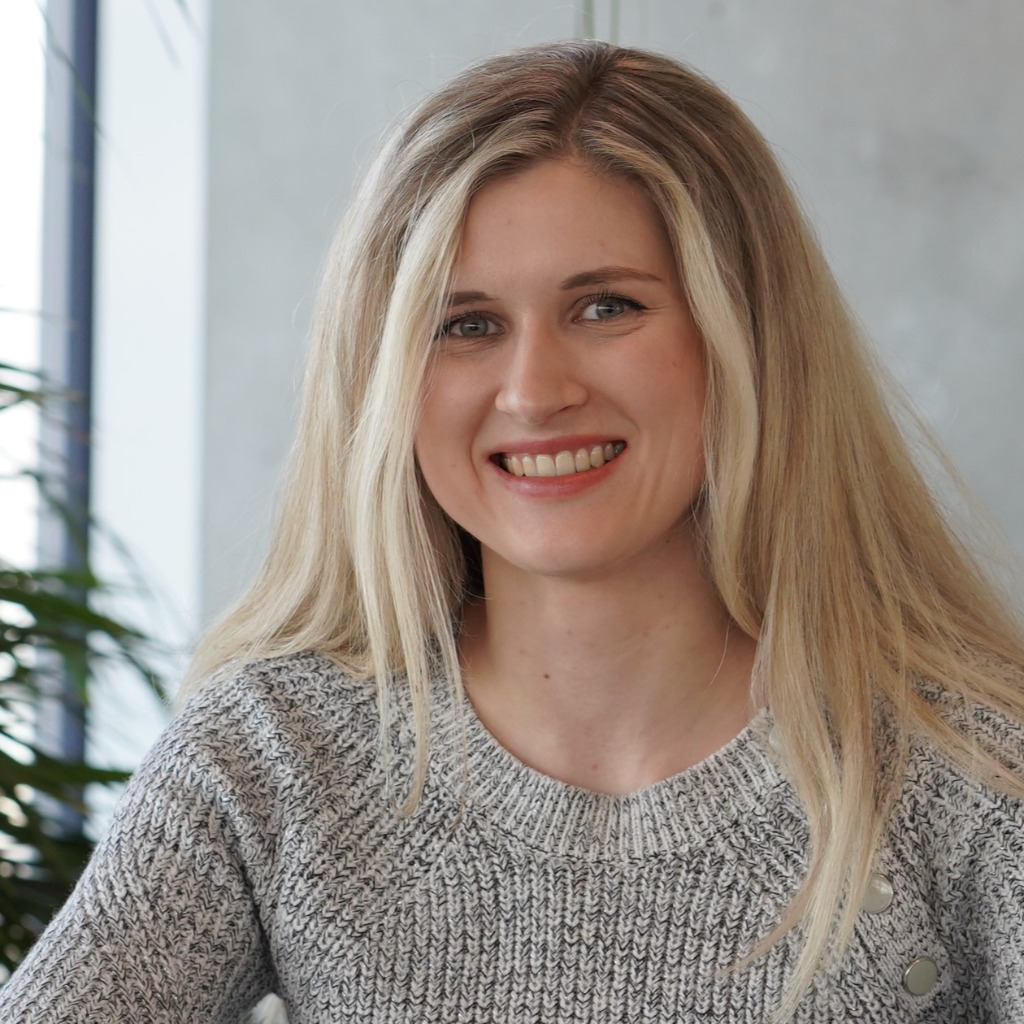
Maria Lyssenko
PhD Student
BOSCH & Technical University of Munich, Germany
Maria Lyssenko is currently a research engineer at BOSCH working on safety and perception. Before, she was a research assistant and Ph.D. candidate and the Technical University of Munich (TUM) and BOSCH. She received her B.Sc. and M.Sc. in Mechatronics from the University of Stuttgart. During her studies, she was a working student at BOSCH Research, focussing on Computer Vision and Perception. In 2018, she did a research internship abroad at BOSCH USA in Plymouth. Her current research interest is mainly safety in automated driving, focusing on functional metrics for modular perception/planning and the E2E context.
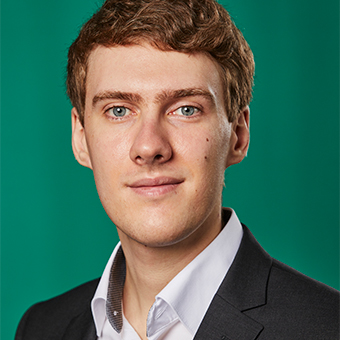
Fabian Immel
PhD Student
FZI
Fabian Immel is PhD student in mapping and localization for autonomous driving at FZI. He received his B.Sc. and M.Sc. in Mechanical Engineering from the Karlsruhe Institute of Technology (KIT). His current research interest is mainly automated driving and computer vision, focusing on HD map construction and generating training data for HD Maps.

Prof. Dr.
Fernando Garcia
Associate Professor
University Carlos III of Madrid, Spain
Prof. Dr. Fernando Garcia is an associate professor at the University Carlos III of Madrid (UC3M) with expertise in Intelligent Transportation Systems (ITS), perception, positioning, and data fusion. He holds a Ph.D. in Electric, Electronic, and Automatics (2012) from UC3M and has published extensively in international journals and conferences. He has held leadership roles, including Vice-President of the Spanish IEEE-ITSS Chapter and General Chair of IEEE ICVES 2018, and has contributed to major conferences and journals in his field. Fernando has also conducted research stays at VisLab (Italy), SUNY Buffalo (USA), and Universidad de las Fuerzas Armadas (Ecuador).
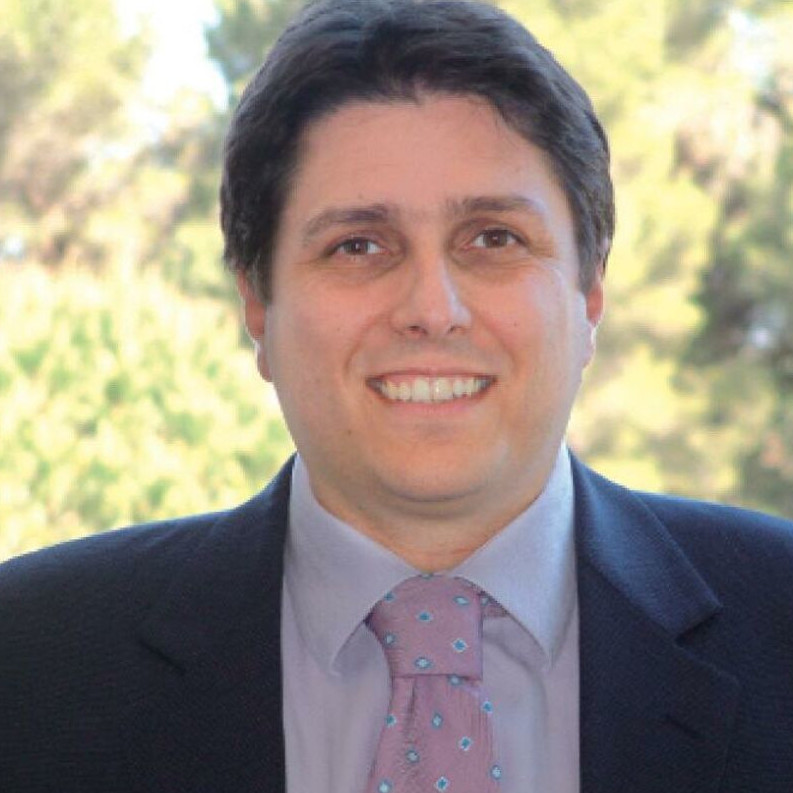
Dr.
Ezio Malis
Research Director
INRIA Sophia Antipolis, France
Dr. Ezio Malis is a research director at INRIA Sophia Antipolis, France. He graduated from SUPELEC and Politecnico di Milano in 1995 and earned his Ph.D. in Robotics and Automation from the University of Rennes in 1998. After working as a Research Associate at the University of Cambridge, he joined INRIA as a Research Scientist, later founding the EVOLUTION team in 2009 to advance autonomous robotics research and its industrial applications. In 2010, he co-founded Robocortex S.A.S., where he served as CEO and R&D Director for a decade, focusing on software solutions for robotics, augmented reality, and IoT. His research interests include quantum computing, AI, and autonomous robotics, with significant contributions to sensor-based control and around 100 publications.
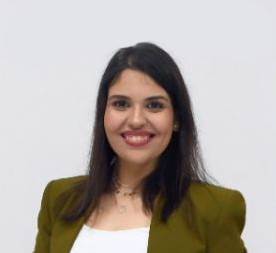
Dr. Catherine M. Elias
Research Group Director
The German University in Cairo, Egypt
Dr.-Eng. Catherine M. Elias is a lecturer in the Computer Science and Engineering Department, Faculty of Media Engineering and Technology (MET). She received her Ph.D. degree in Mechatronics Engineering from the GUC in Dec. 2022 in the field of Cooperative Architecture for Transportation Systems. She is currently the director of the Cognitive Driving Research in Vehicular Systems (C-DRiVeS Lab), working in the field of autonomous driving modules. She serves as a Board of Governors (BoG) member in the IEEE ITS Society during the interval 2023-2025, the 2023-2025 Co-chair of the committee on Diversity, Equity, and Inclusion in ITS committee chair, and the 2023-2025 IEEE TAB Committee on Diversity & Inclusion representative for the ITS Society.
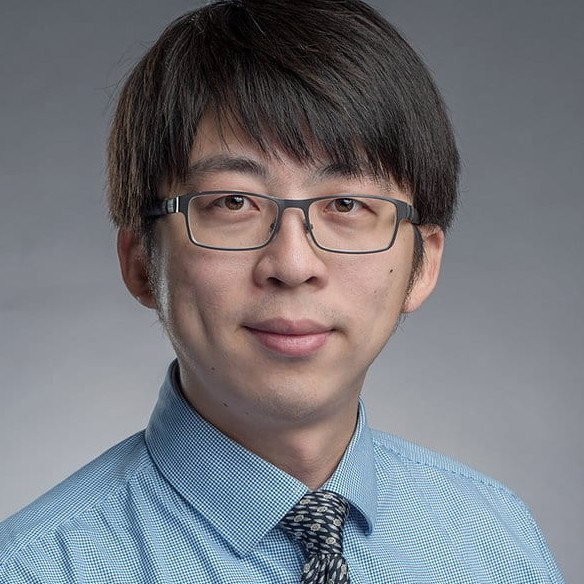
Prof. Dr.
Jiaqi Ma
Associate Professor
University of California Los Angeles, USA
Prof. Dr. Jiaqi Ma is an Associate Professor at the UCLA Samueli School of Engineering and Associate Director of the UCLA Institute of Transportation Studies. He has led over $20 million in research projects funded by agencies such as the U.S. Department of Transportation and the National Science Foundation, focusing on smart transportation systems, including vehicle-highway automation, Intelligent Transportation Systems (ITS), connected vehicles, shared mobility, large-scale smart system modeling and simulation, and artificial intelligence and advanced computing applications in transportation. He serves as the Editor-in-Chief of the IEEE Open Journal of Intelligent Transportation Systems and holds associate editor positions with Nature Scientific Reports, the Journal of Intelligent Transportation Systems, and ASCE Open. His research interests encompass cooperative driving automation, cyber-physical systems, intelligent transportation systems, and artificial intelligence applications in transportation.

Dr. Katie Luo
Post Doc
Stanford University, USA
Katie Luo is a post-doc researcher at Stanford University, advised by Prof. Dr. Marco Pavone. Her research interests mostly lie in machine learning and computer vision. She has been supported by a Cornell University Fellowship, an NVIDIA Graduate Student Fellowship, and an American Association of University Women (AAUW) Dissertation Fellowship Award. Before joining Stanford and Cornell University, she worked on applied machine learning, deep reinforcement learning, and applications of natural language processing.